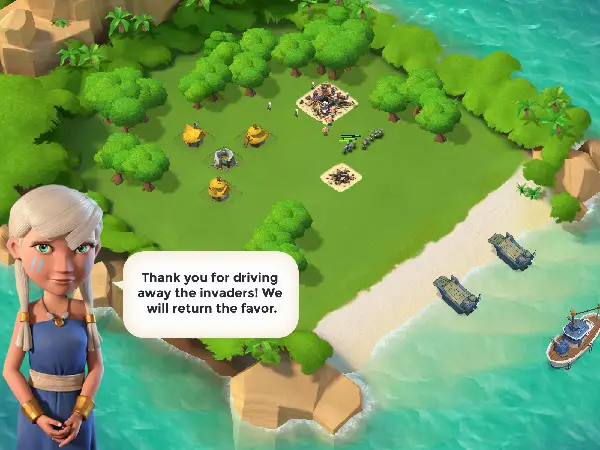
Then they give you tribute for the rest of the game as gratitude for "freeing them from oppression". This ingrained view of indigenous people as only able to serve more powerful nations is wrong and needs to be stopped. Also the view of indigenous people as having no desire or aptitude for growth is common throughout the gaming world. We see in Civilization 5 that the city-states that are not part of the empires do not grow technologically or militarily. In this way all people not trying to conquer others are shown as being stuck in the ethnographic present. This says that any people that does not focus on conquering others and subjecting them to cultural oppression does not have what it takes to progress as a civilization. This is also wrong and shows a lack of understanding of why indigenous people have been oppressed for hundreds of years
No comments:
Post a Comment
Note: only a member of this blog may post a comment.